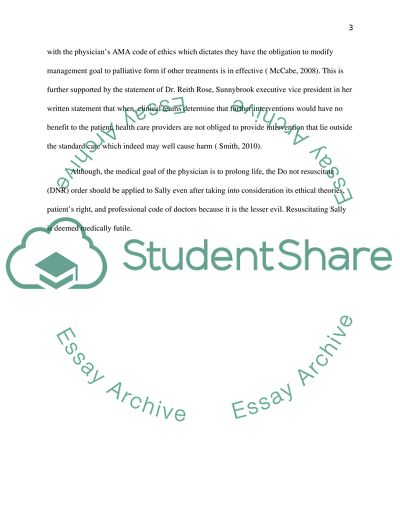Autonomy and Terminal Illness Case Study Example | Topics and Well Written Essays - 250 words - 1. Retrieved from https://studentshare.org/health-sciences-medicine/1576204-autonomy-and-terminal-illness
Autonomy and Terminal Illness Case Study Example | Topics and Well Written Essays - 250 Words - 1. https://studentshare.org/health-sciences-medicine/1576204-autonomy-and-terminal-illness.


